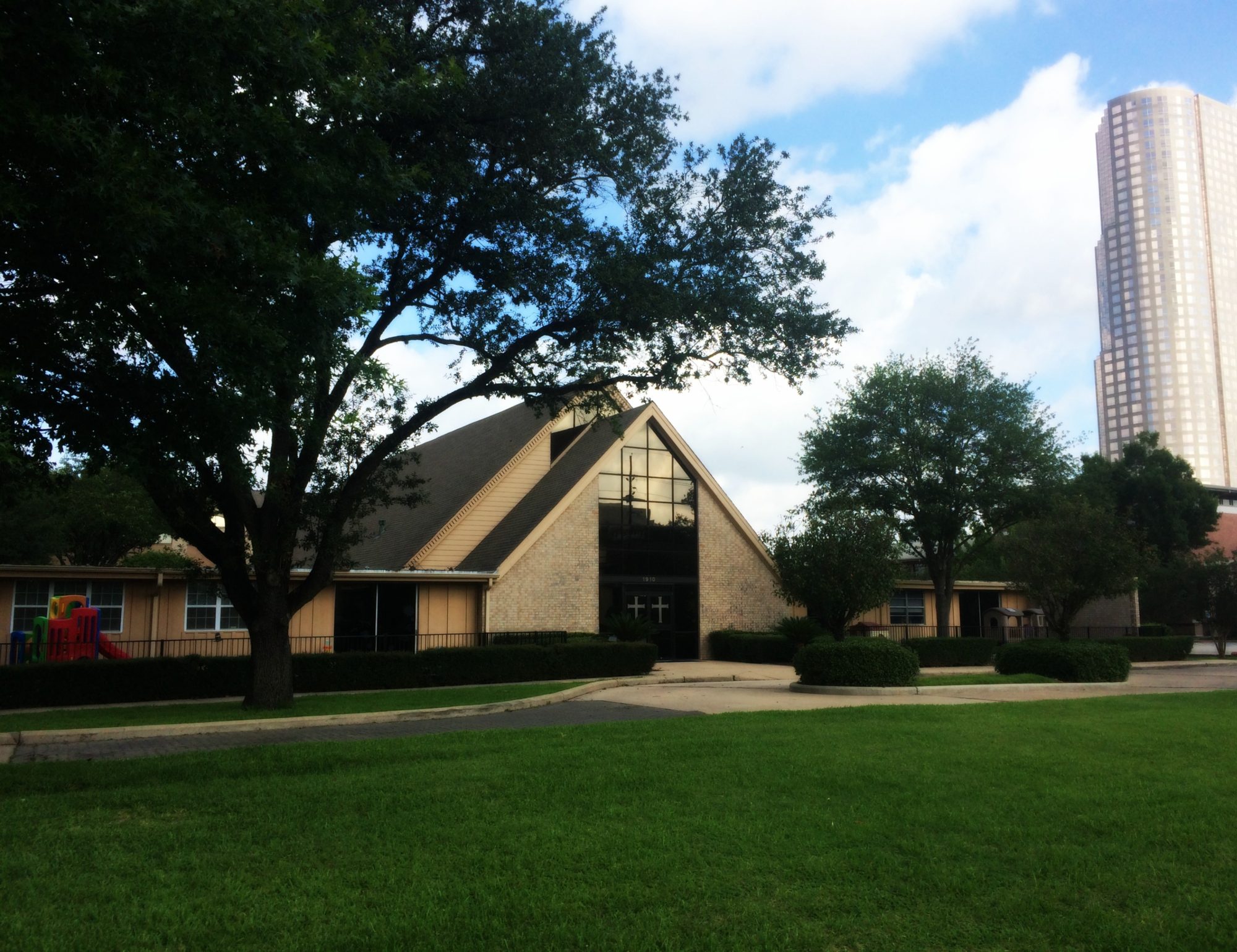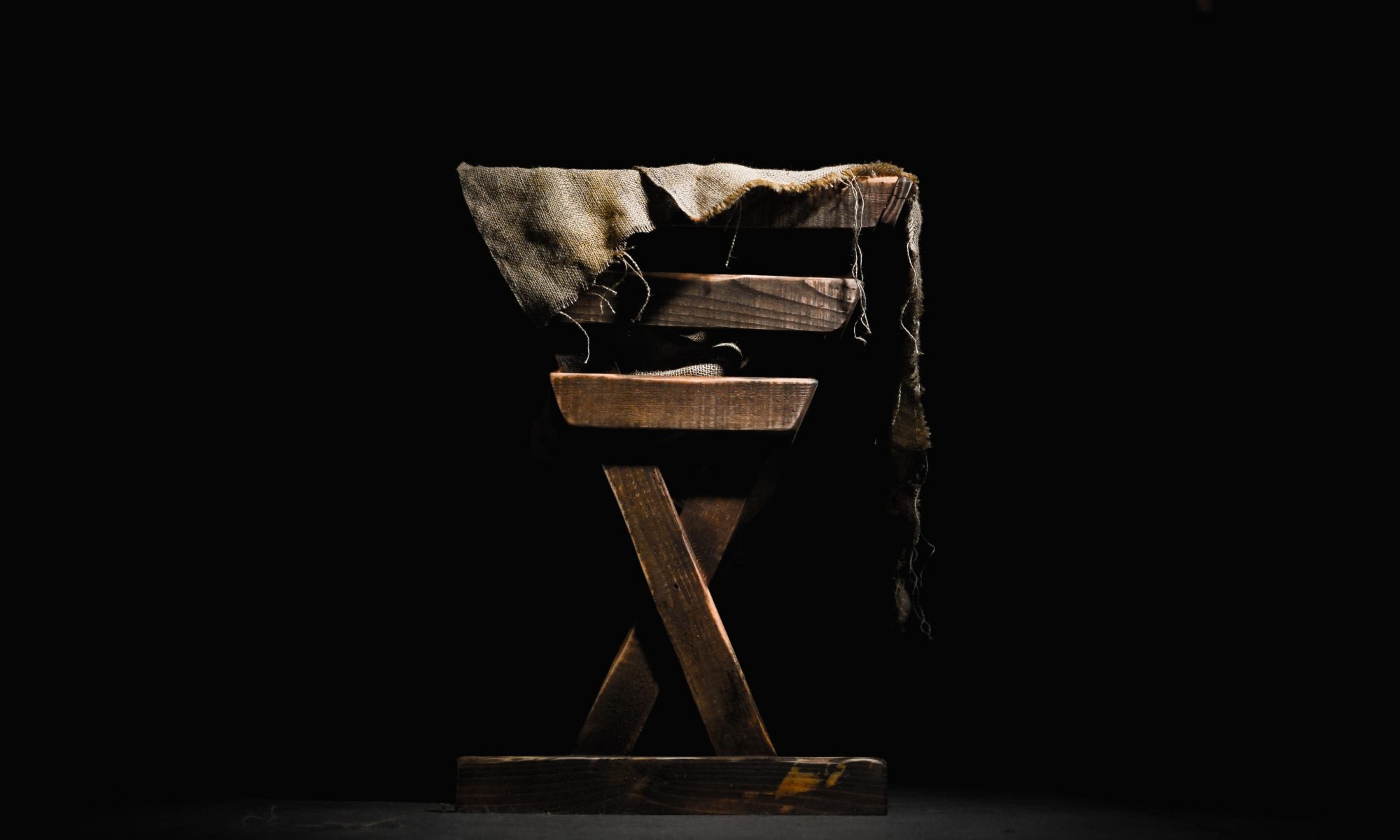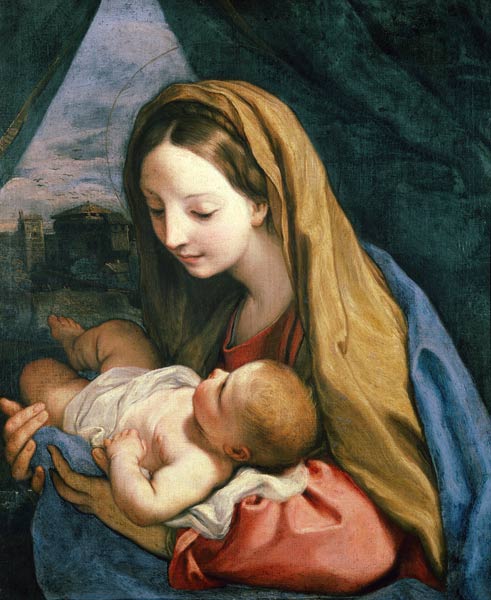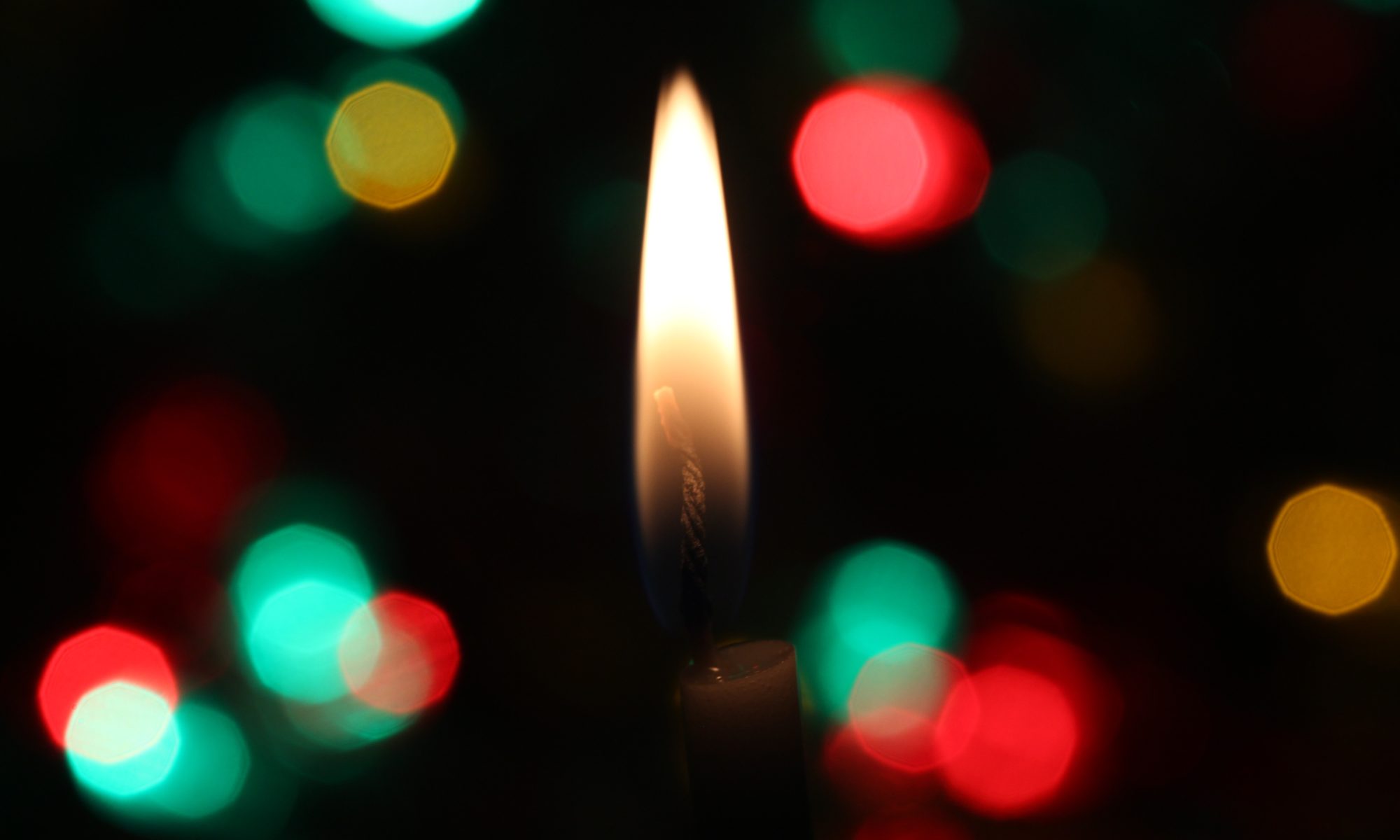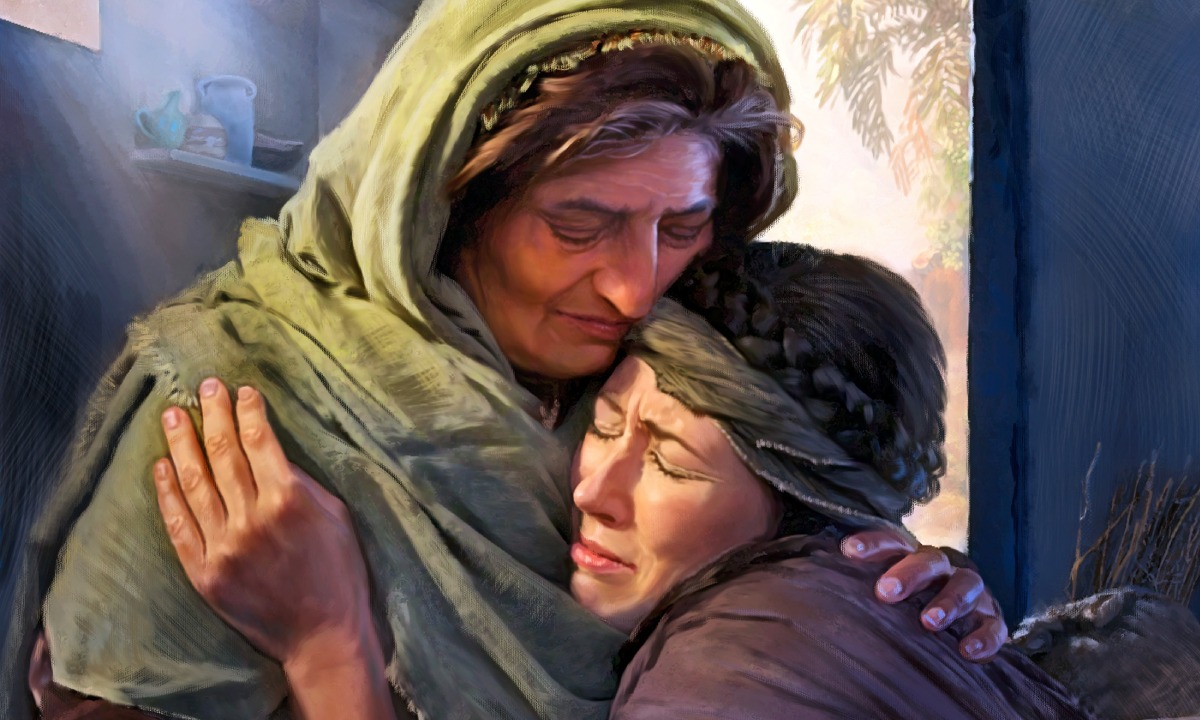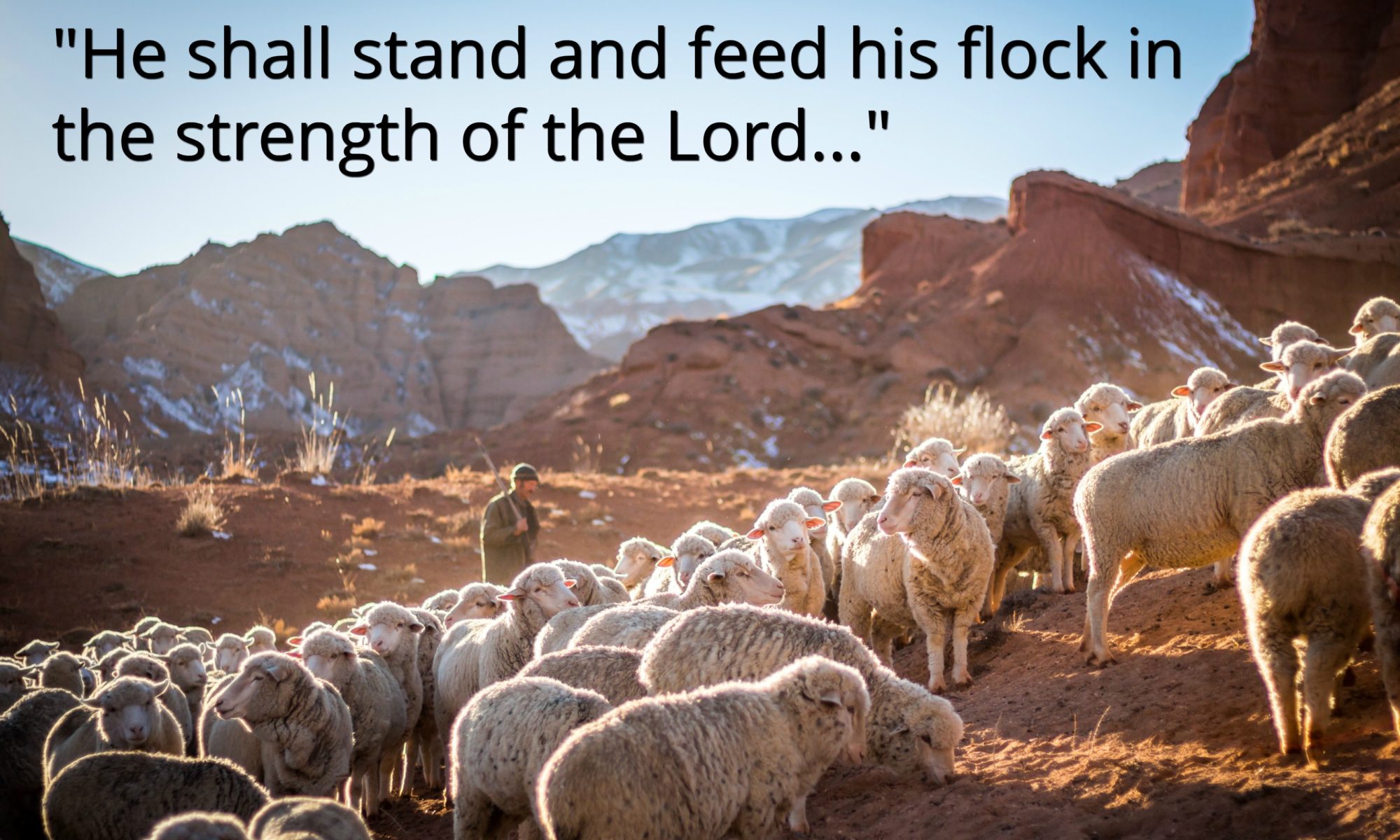“An account of the genealogy of Jesus the Messiah, the son of David, the son of Abraham. Abraham was the father of Isaac, and Isaac the father of Jacob, and Jacob the father of Judah and his brothers, and Judah the father of Perez and Zerah by Tamar, and Perez the father of Hezron, and Hezron the father of Aram, and Aram the father of Aminadab, and Aminadab the father of Nahshon, and Nahshon the father of Salmon, and Salmon the father of Boaz by Rahab, and Boaz the father of Obed by Ruth, and Obed the father of Jesse, and Jesse the father of King David. And David was the father of Solomon by the wife of Uriah, and Solomon the father of Rehoboam, and Rehoboam the father of Abijah, and Abijah the father of Asaph, and Asaph the father of Jehoshaphat, and Jehoshaphat the father of Joram, and Joram the father of Uzziah, and Uzziah the father of Jotham, and Jotham the father of Ahaz, and Ahaz the father of Hezekiah, and Hezekiah the father of Manasseh, and Manasseh the father of Amos, and Amos the father of Josiah, and Josiah the father of Jechoniah and his brothers, at the time of the deportation to Babylon. And after the deportation to Babylon: Jechoniah was the father of Salathiel, and Salathiel the father of Zerubbabel, and Zerubbabel the father of Abiud, and Abiud the father of Eliakim, and Eliakim the father of Azor, and Azor the father of Zadok, and Zadok the father of Achim, and Achim the father of Eliud, and Eliud the father of Eleazar, and Eleazar the father of Matthan, and Matthan the father of Jacob, and Jacob the father of Joseph the husband of Mary, of whom Jesus was born, who is called the Messiah. So all the generations from Abraham to David are fourteen generations; and from David to the deportation to Babylon, fourteen generations; and from the deportation to Babylon to the Messiah, fourteen generations.” Matthew 1: 1-17
Kings and Prostitutes
By David Pybus
“Where are you from?” the nurse asked. “From Houston,” I said. She told me she was from Angleton, and I told her I know the place quite well. “No one ever knows where that is,” she said. But as it happens, my family is from near there. It told me a little of who she was and who her people are.
Matthew begins the story of Jesus by telling us who his people are. His lineage is grand, going back through a line of kings, back to Solomon and David himself, and on to Judah in Egypt, and to Abraham, Isaac, and Jacob. He has the right pedigree. Yet he and his family no longer live in a palace; he is—it is supposed—the illegitimate son of a young woman in a small town. Joseph isn’t even his real father. What does this royal lineage have to do with Jesus and his young mother?
The key is buried in the lineage, where women just like Mary are hiding in plain sight. Tamar, a woman who tricked her untrustworthy father-in-law into having sex with her, so she could have children. Rahab, a prostitute whose treason saved her life. Ruth, a young foreigner who married an older man, after losing her own husband. And Uriah’s wife, a woman forced into adultery, with her husband murdered soon after.
Jesus comes from a long line of people who aren’t kings and who haven’t done the right thing and who aren’t from the right place. Mary is certainly not from anywhere, and the world assumes the worst about her. Yet she is Jesus’ people, just as these women were. And we are his people, too, even if we are not of royal lineage, or we don’t live in palaces, and even if we come from people who have lived life outside the lines. If we belong to Jesus, we fit right in among the kings and the prostitutes.
